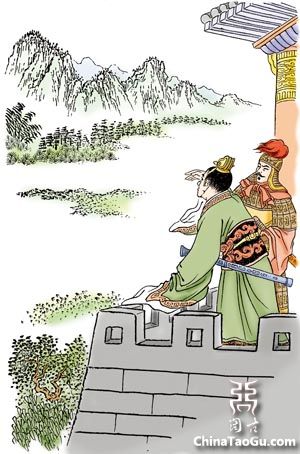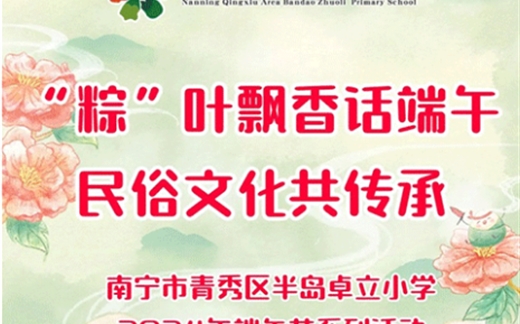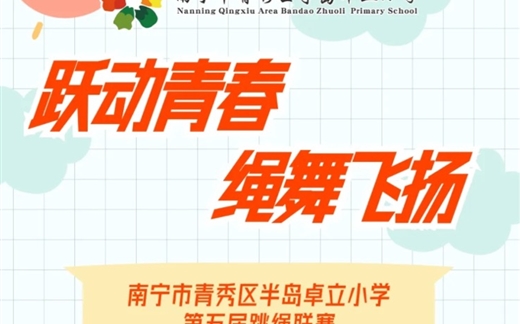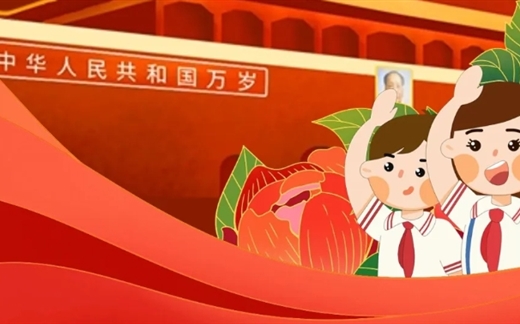东晋时代,秦王苻坚控制了北部中国。公元383年,苻坚率领步兵、骑兵90万,攻打江南的晋朝。晋军大将谢石、谢玄领兵8万前去抵抗。苻坚得知晋军兵力不足,就想以多胜少,抓住机会,迅速出击。
 ,再北望八公山,只见山上一草一木都像晋军的士兵一样。苻坚回过头对弟弟说:“这是多么强大的敌人啊!怎么能说晋军兵力不足呢?”他后悔自己过于轻敌了。
,再北望八公山,只见山上一草一木都像晋军的士兵一样。苻坚回过头对弟弟说:“这是多么强大的敌人啊!怎么能说晋军兵力不足呢?”他后悔自己过于轻敌了。
出师不利给苻坚心头蒙上了不祥的阴影,他令部队靠淝水北岸布阵,企图凭借地理优势扭转战局。这时晋军将领谢玄提出要求,要秦军稍往后退,让出一点地方,以便渡河作战。苻坚暗笑晋军将领不懂作战常识,想利用晋军忙于渡河难于作战之机,给它来个突然袭击,于是欣然接受了晋军的请求。
谁知,后退的军令一下,秦军如潮水一般溃不成军,而晋军则趁势渡河追击,把秦军杀得丢盔弃甲,尸横遍地。苻坚中箭而逃。
故事出自《晋书·苻坚·载记》。成语“草木皆兵”,形容神经过敏、疑神疑鬼的惊恐心理。
Every Bush and Tree Looks Like an Enemy
During the Eastern Jin Dynasty, Fu Jian, king of the State of
Unexpectedly, the van of Fu Jian's army of 250,000 troops was defeated in the Shouchun area by an ingenious military move of the Jin army and suffered heavy losses. The senior general of the van of Fu Jian's army was killed, and there were heavy casualties of more than 10,000 soldiers. Fu Jian's army was dispirited and its morale was shaken. Many soldiers were in such a great panic that they waited for opportunities to run away. Standing on the city wall of the
Overshadowed by the disastrous defeat, Fu Jian ordered his troops to be deployed in battle formation on the north side of the
Unexpectedly, the moment the order to retreat was given, Fu Jian's troops were utterly routed and could by no means be controlled. Taking advantage of this favorable situation, the Jin army crossed the river, pursuing and attacking the enemy. The trooops of Fu Jian's army threw away everything in headlong flight, and the field was littered with the corpses of the soldiers of Fu Jian's army. Fu Rong was killed in the tangled fighting, and Fu Jian was hit by an arrow and ran away. The Jin army won a brilliant victory by defeating a big army with its limited armed forces.
This story comes from "The Life of Fu Jian" in the volume "Records" of The History of the Jin Dynasty. The set phrase "every bush and tree looks like an enemy" is subsequently used to refer to a state of extreme nervousness.










